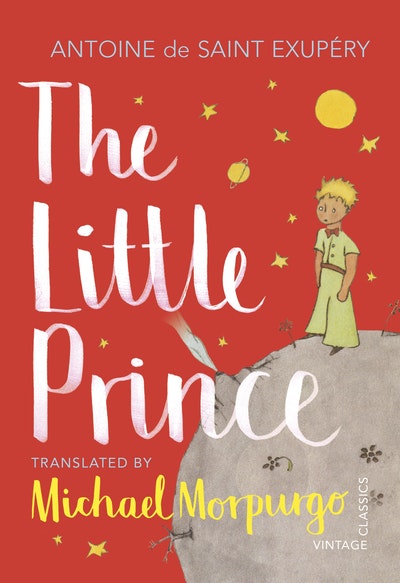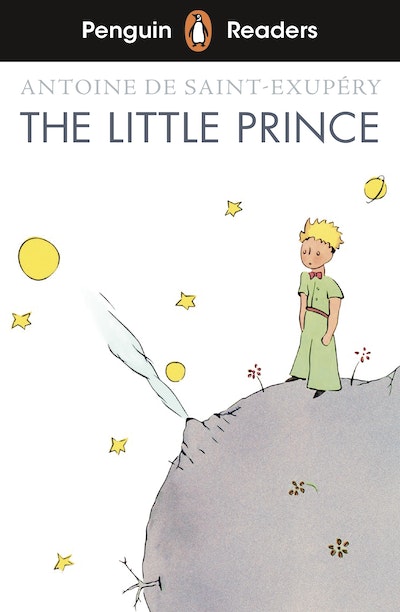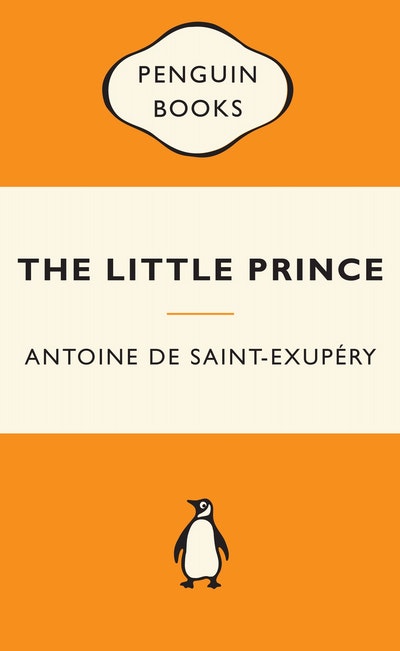- Published: 1 September 2020
- ISBN: 9781784874186
- Imprint: Vintage Children's Classics
- Format: Paperback
- Pages: 112
- RRP: $21.00
The Little Prince
And Letter to a Hostage
- Published: 1 September 2020
- ISBN: 9781784874186
- Imprint: Vintage Children's Classics
- Format: Paperback
- Pages: 112
- RRP: $21.00
The pilot who wrote the story of The Little Prince died long ago, but the fictional pilot, who told the story, is as alive today as he was decades ago, along with his Prince, the fox, the rose, the snake and the laughing stars, ringing bells that fill the clear nights with voices of the heart. In my mind’s eye, the stars only become more brilliant, their music more clear. They are signalling that they are here to stay, not just for French readers, but for readers all around the world – for the readers who have the eyes to see, the ears to listen and the courage to imagine
Azar Nafisi
Of all the books written in French over the past century, Antoine de Saint-Exupéry’s "Le Petit Prince" is surely the best loved in the most tongues
New Yorker
The Little Prince will shine upon children with a sidewise gleam. It will strike them in some place that is not the mind and glow there until the time comes for them to comprehend it
P.L. Travers, author of 'Mary Poppins'
Here is a sweetly and simply told tale of a little boy from a very little asteroid, so big with meaning that even important people will find wisdom in it; so simply told that even critics and college professors ought to understand its beauty and meaning; a thin little book filled with rich substance; something easy to read and remember and hard to forget
Los Angeles Times
The Little Prince may have emerged in New York from a French writer, but its appeal – appropriately enough for a book about imagined planets – is universal. Even 70 years after the author's disappearance, adults and children around the world continue to feel a strong connection to his distinctive illustrations and the book's bittersweet philosophy of growing up
Daily Telegraph
Antione de Saint-Exupéry’s story has enchanted audience of all ages… The story’s wisdom on loneliness – in cities crowded with people – and consumerism – in a world replete with natural joys – remains as resonant as ever. Morpurgo’s translation reminds us why
Samuel Earle, Observer












